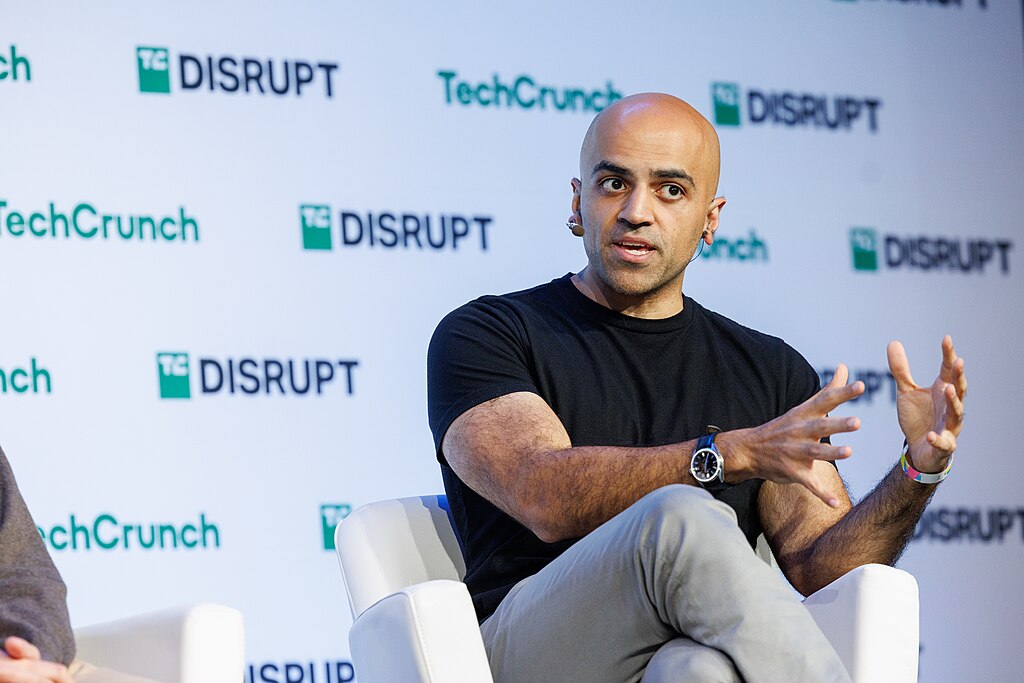Ethereum co-founder Vitalik Buterin recently transferred around $2.6 million worth of ETH and USDC using Railgun, a privacy-focused DeFi protocol. The move appears to be a routine transaction, yet also serves as a subtle endorsement of blockchain-based financial privacy.
Railgun is designed to conceal on-chain activity using zero-knowledge cryptography, allowing users to interact with DeFi protocols without revealing wallet addresses. This isn’t Buterin’s first use of the tool—he previously moved $500,000 through Railgun in March. Though he hasn’t publicly commented on the latest transfer, the action aligns with his consistent advocacy for privacy as a fundamental part of Ethereum's future.
Buterin and other Ethereum developers have emphasized that user privacy should be a default feature. In April, Buterin shared a detailed proposal on enhancing privacy in Ethereum's ecosystem, underscoring the community’s ongoing push for secure, anonymous transactions.
The use of privacy protocols has drawn scrutiny from regulators. Tornado Cash, once the leading Ethereum mixer, was sanctioned by the U.S. Treasury’s OFAC in 2022 over alleged money laundering linked to North Korea’s Lazarus Group. However, those sanctions were lifted in March 2025 after a court ruled that OFAC exceeded its authority.
Unlike Tornado Cash, Railgun incorporates compliance mechanisms, including transaction screening to prevent illicit activity. In February, Buterin praised Railgun for stopping a money-laundering attempt, highlighting its potential as a responsible privacy solution.
Railgun’s capabilities appeal to users seeking confidential DeFi access, including activists, journalists, and high-net-worth investors. Following Buterin's latest transaction, Railgun’s native token RAIL surged 15% in 24 hours, reflecting growing interest in privacy tools that balance discretion with compliance in decentralized finance.




























Comment 0